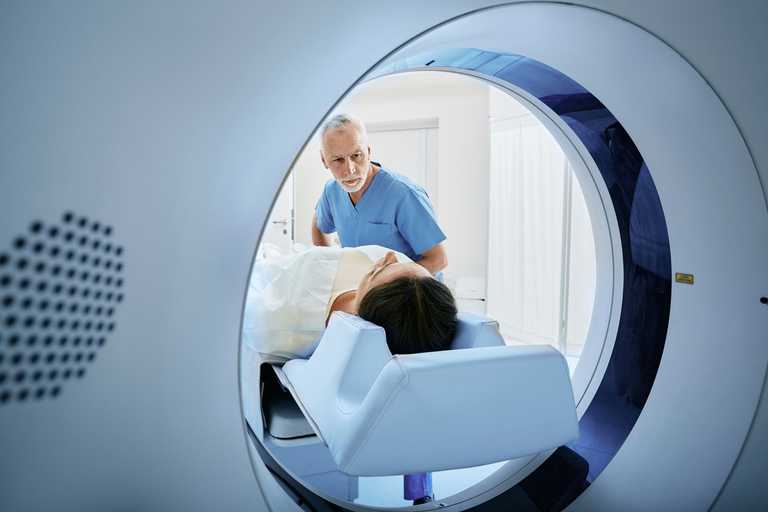What’s the difference between a biparametric MRI and a multiparametric MRI?
Multiparametric MRI (mpMRI) is a comprehensive MRI scan of the prostate gland and pelvis which is commonly used to investigate men with a raised PSA. It involves an injection of contrast (see below) and typically takes around an hour to perform.
Biparametric MRI (bpMRI) is a shorter MRI scan which recent research suggests can be used to detect prostate cancers in men with normal PSA. It does not require contrast injection and typically takes around 30 minutes to perform.
Related FAQ(s)
- How will the NHS and primary care benefit from the MRI Prostate Health Check service?
- Why doesn’t Private Medical Insurance cover an MRI Prostate Health Check?
- I am a GP, can I refer my patient for an MRI scan with a raised PSA level?
- Why do I need a prostate biopsy?
- What is the most accurate test for prostate cancer?
- Can I be referred back into the NHS for treatment?
- Is MRI or ultrasound better for prostate cancer?
- How accurate is an MRI to detect prostate cancer?
- When should I see my GP?
- Can I self-refer for a prostate MRI scan?



